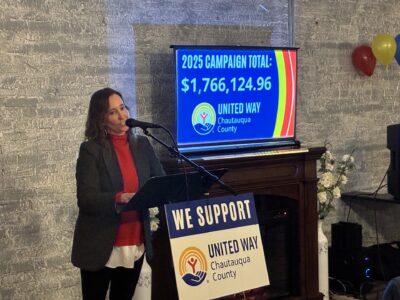What Happens To Health Savings Account After Retirement?
Question: I currently have a HDHP and an HSA, but I will be retiring later this summer. What happens to my HSA account?
Answer: Great question, but first, for those that don’t speak insurance, let me clarify these abbreviations!
HDHP are High Deductible Health Plans. They are an insurance product, usually offered by an employer to their employees, and they tend to have lower premiums. However before major medical bills are paid, you are required to meet a high deductible, as the name suggests. The lowest deductible for an individual you can see on a HDHP is $1,650 but it’s often much higher, with a maximum of $8,300. Deductibles can be higher for family plans. Once you meet the deductible, then the plan begins to help you pay for your medical bills.
When you have an HDHP, you are allowed to enroll in an HSA. HSA stands for Health Savings Account, and they are a pre-tax way of saving money to pay for medical expenses later. An HSA is useful for those individuals who have an HDHP, and in fact you cannot establish an HSA if your health plan is NOT a High Deductible Health Plan.
An HSA is an account that is in your name. The money deposited into the HSA is not taxed when taken directly from your wages. One benefit of an HSA is that it can be used to pay any IRS allowable medical expenses. This list can be researched at the www.irs.gov website.
While it’s most common to fund an HSA with contributions taken from your wages, you can also deposit money into this account from other sources. Your employer can also place money into your HSA on your behalf. You are allowed to deposit a limited amount into your HSA annually. For 2025, the maximum deposit limit is $4300 for an individual and $8550 for a family. If you are over 55 years of age, there is a catch-up contribution that lets you contribute an extra $1000 annually.
An HSA in your name will always be yours to use towards medical expenses for you and your family. The annual deposits will build up over time and can be used over the course of your lifetime. Building up savings in an HSA can take time, but they also usually earn some amount of interest, so your funds will grow if you don’t use the money immediately.
To use the HSA to pay for medical bills & IRS approved medical expenses, you are usually issued a Debit Card and can pay the expenses directly. You can usually access the account online and submit expenses for reimbursement if you paid the expenses another way.
Now that we know the basics of these kinds of benefits, I’ll get back to your question: once you turn 65 and are eligible for Medicare, some changes will occur with your HSA. Most importantly, you are no longer allowed to put new money into an HSA. Know that your HSA balance remains yours to keep and use when you retire and/or join Medicare, but you have to stop contributing to the account once you are Medicare eligible.
You should research how the HSA changes as you leave your employer group. Most HSA plans allow you to continue to leave the balance in this same account, but some add additional fees to “manage” the account, as you are no longer affiliated with the group plan. You are able to move an employer-affiliated HSA funds to an HSA that is
available to you from another source, like your own personal bank. Most banks offer HSA accounts, so inquire at your local bank. This may be a more affordable way for you to manage your HSA funds after you retire.
After you retire, you will probably have to get your health insurance from another source. If you are not yet 65, you may want to look to the Marketplace to evaluate plans. In New York, there is a useful website, www.nystateofhealth.ny.gov. This website can walk you through the different options and alternatives for acquiring your own health insurance. If you are turning 65 or already 65, you will use your Medicare coverage for your health insurance needs.
Weather you join Medicare or a Marketplace plan, you can still use your HSA funds to pay for your health-related costs, including your new health insurance premiums, deductibles, and copays.
The exciting news is that you are using untaxed dollars to pay for medical expenses.
So, you save money overall.
Janell Sluga is a Geriatric Care Manager helping seniors in our community access services and insurance. To reach her, please email editorial@post-journal.com.




